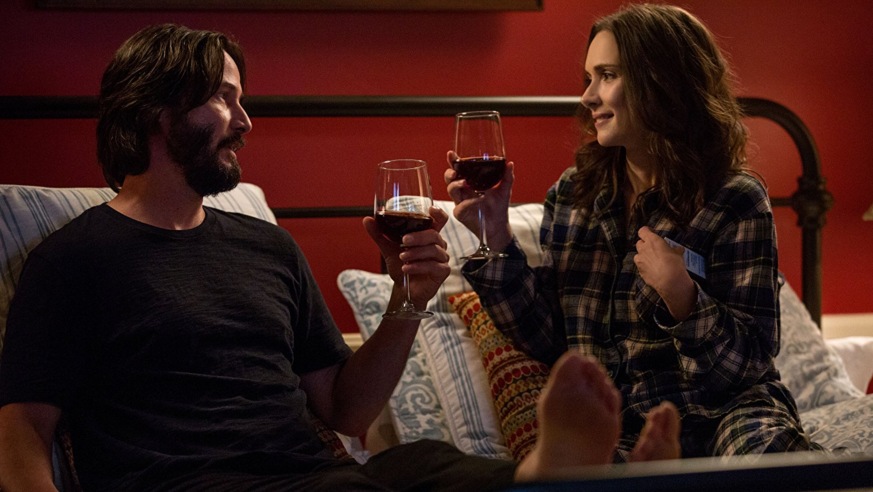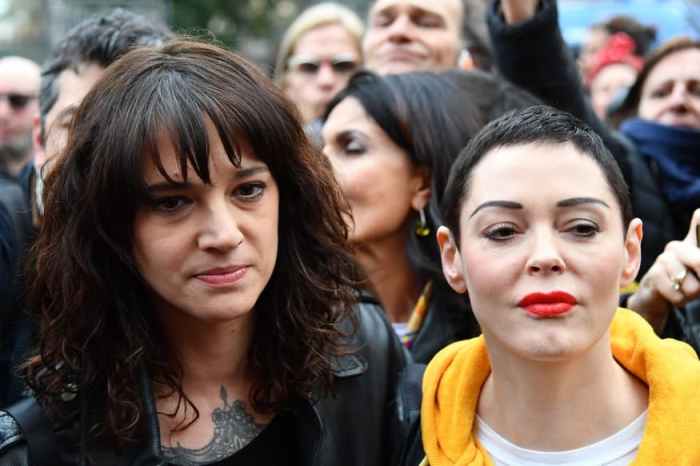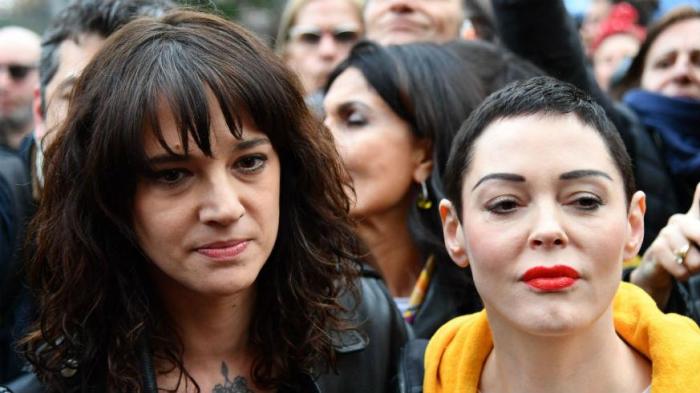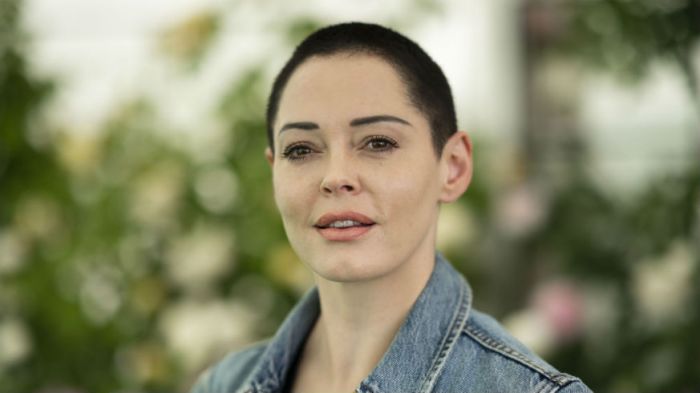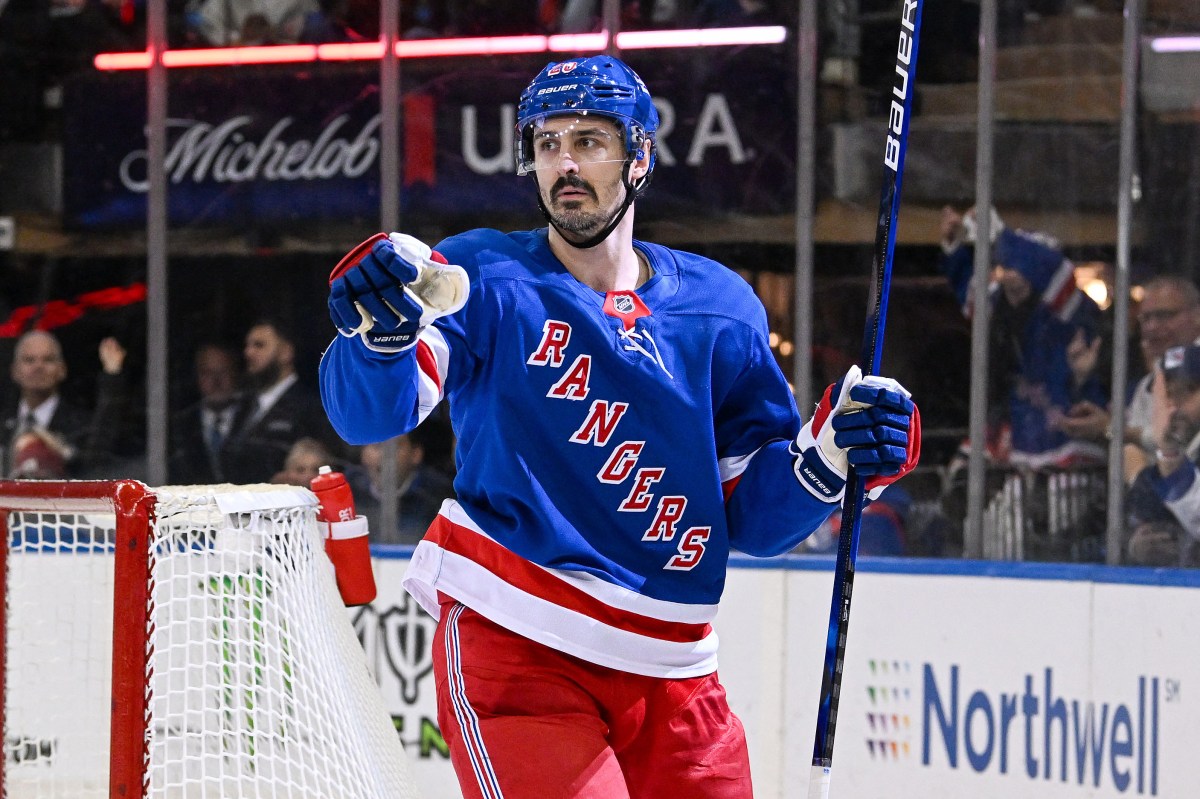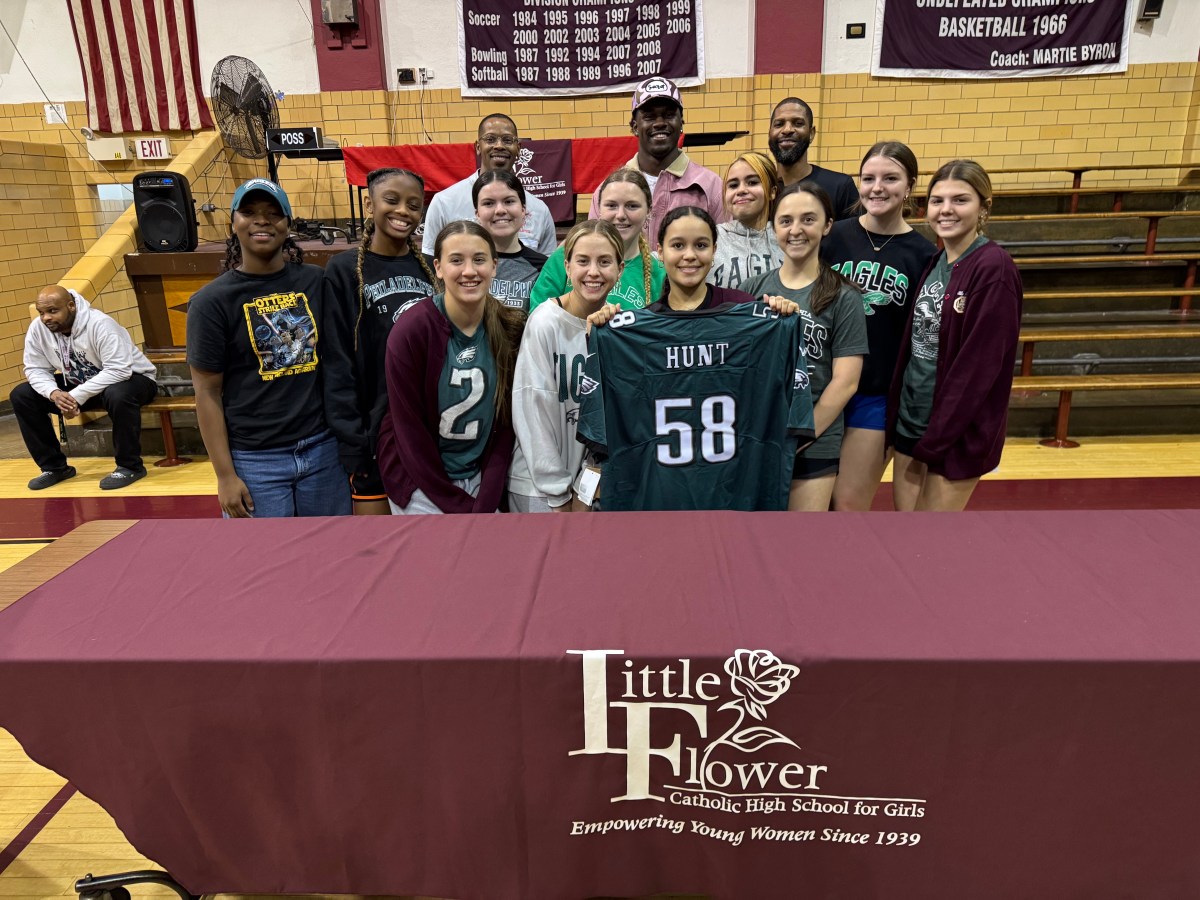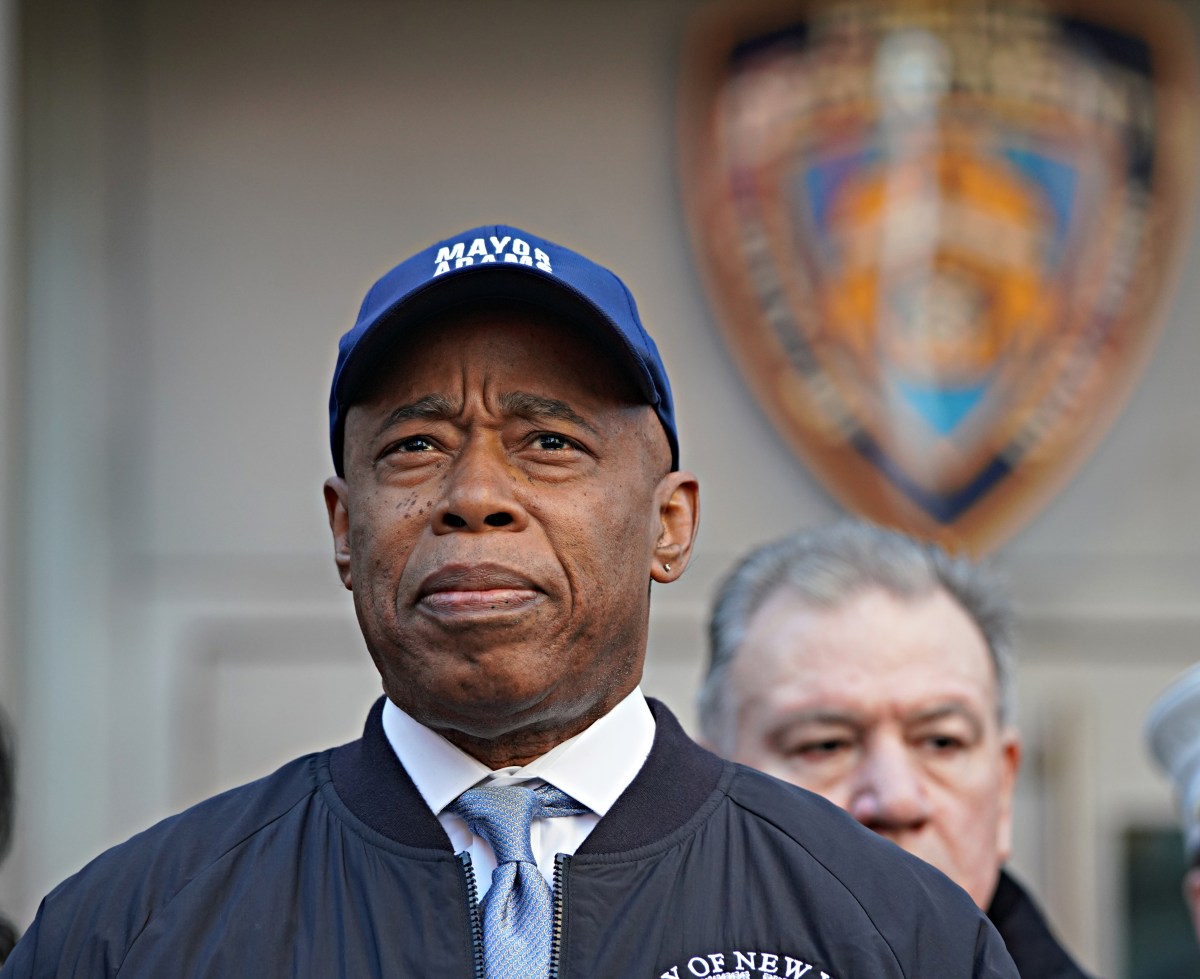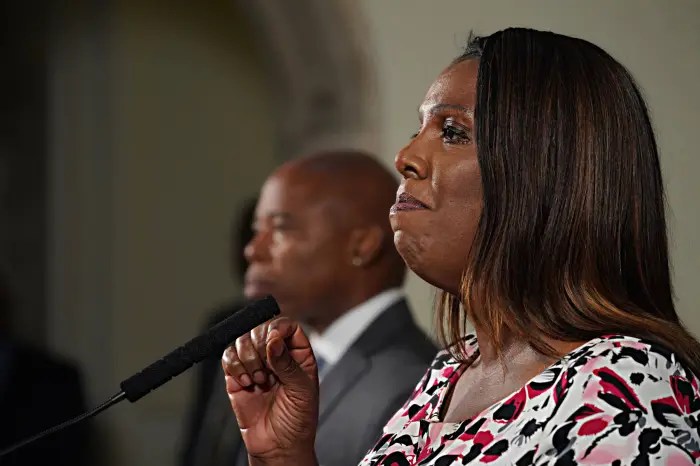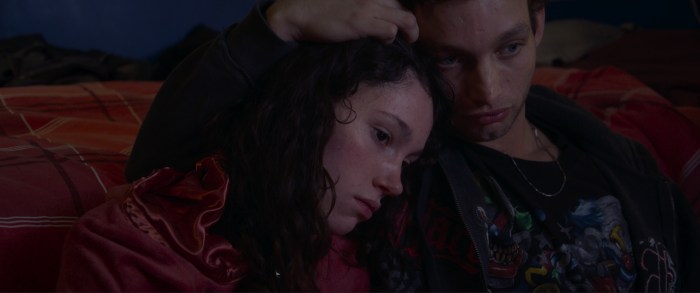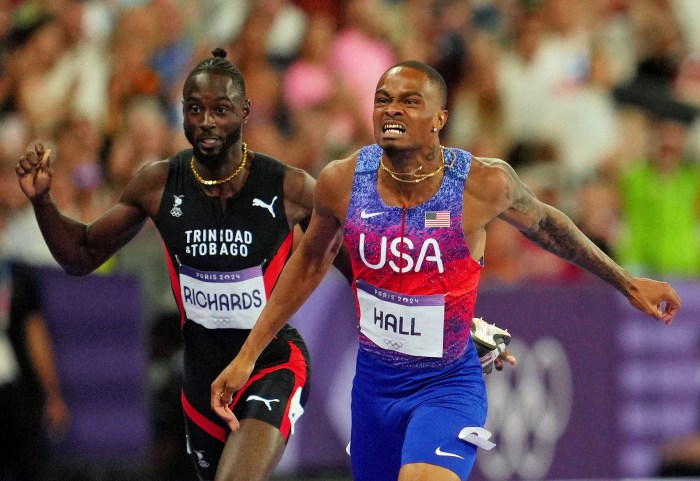When it was announced that Keanu Reeves and Winona Ryder would be pairing up for what was seemingly a romantic comedy about two strangers that come together for the titular Destination Wedding the internet went into overdrive with nostalgia.
“Destination Wedding” marks the fourth collaboration between the two beloved actors, after 1992’s “Bram Stoker’s Dracula,” 2006’s “A Scanner Darkly,” and 2009’s “The Private Lives Of Pippa Lee.”
But rather than being an overly sentimental and preposterously Hollywoodized rom-com that has the predictable highs, lows and hijinks of its genre peers, “Destination Wedding” actually has much more in common with the arthouse European movies of the 1960s and 1970s.
As a former writer on “Mad Men,” “Destination Wedding’s” writer and director Victor Levin obviously makes sure that the dialogue is witty, crisp and deep, while Reeves and Ryder clearly have a ball with the script.
But, during our recent conversation, Levin also revealed that he used the film to reveal his discontent with the modern world, as well as discussing the trials and tribulations of making an independent movie in the current movie climate and, of course, working with Keanu and Winona.
When did you start on “Destination Wedding”?
I made my first notes in about December, 2015. At some point I figured out what the story might be. Two very reluctant wedding guests being placed in an environment where their misery and cynicism is in stark contrast to all the joys around them. On an ideal and a theme level the film really came from the question of how we handle massive disappointment in our lives. And whether we can bounce back, and at what point, if at any point, do we give up. Or do we keep on submitting ourselves for further punishment. As these characters do once they have met one another.
What was the plan after you had completed the script?
The plan was always to make it independently. Be as entrepreneurial as we could. We believe that independent film should not be a charity. They should be viable business interests. Thousands, maybe tens of thousands independent films are made at a professional level. Only a few are smiled upon and become festival darlings, picked up by large distributors for release. The rest of those movies have a very, very difficult time, and increasingly so with each passing day. Our plan was to keep the plan as low as possible, and do a film that, we believed if we populated it with strong actors, would find itself in the black ultimately. We believe that the independent film business is a wonderful and important part of the movie world. We wanted to make something that was a viable business entity. We kept costs very low as we did our re-writers. Pam Dixon, our wonderful casting director, suggested Winona. Winona felt as though the material was very well suited to her, we met and she agreed to do it. Winona had the idea for Keanu. She said, ‘He’s really brilliant and very verbal and has an encyclopedic mind and I think he would really enjoy playing something like this.’ I then met Keanu and he agreed. At that point we were on our way. There are only two speakers in the film, the two of them. And that goes back to this idea of making a viable business entity and keeping costs down in every respect. The fact that we only had two speakers, and that it is mostly dialogue driven, there is a little bit of action but not much. This was all part and parcel of the business plan, if you will, for the movie. Which was, make a small film that is hopefully entertaining and interesting to people that can go out into the marketplace and do ok. I wish that my mind worked in directions that would take me to the “Blair Witch Project” and “Paranormal Activity.” I so admire those movies for their ability to be so entertaining and interesting at such a low price. But I mostly write dialogue. So this was my version of a small movie that could be made at a reasonable price and stand a reasonable chance of having a life. I don’t want to ask other people for money for the opportunity of expressing myself. I want to be able to do something that can stand on its own in the marketplace.
It is refreshing to hear you speaking in such an honest and sensible fashion, especially when it comes to working with a studio. What sort of audience do you think this movie can find?
The audience for this movie is people who are interested in these questions. There’s the question of bouncing back that I mentioned before, but also several other questions are touched upon along the way. Most of these things are discussed through dialogue. They are not played out through events. These are two people at the exiles table at a wedding. They are far from the centre of things, happiness and life, and they are left to their own devices. They don’t like the weekend, they don’t like each other, they don’t like themselves very much. But there is nothing else to do but talk. And air your grievances. And in that process they get to know each other and recognize a spark in one another. This is my way of trying to solve a problem of how you can make a movie that can live and be attractive to distributors and be interesting to audiences. It is very hard, you have to get very famous people who are really actors who believe in what you are doing and do a massive amount of work. I mean, we shot the film in 9 days. Again in the service of trying to keep costs down. So our actors had to memorize everything as you would a play. Massive amounts of memorisation. They were wonderful. They are both so smart.
How many takes would you do for each shot?
We tried to use complete takes. We tried not to stop and start. I am a big fan of naturalism. I didn’t need it to be perfect. I just wanted it to feel real. I just said, ‘Keep going. Keep going. Let’s see what happens. If we have a rough patch in take 1, keep going. It might get better. I know you guys know it. I know you have learnt a mountain of material. Just keep going. Let’s see.’ Sometimes the scenes were 10 – 12 pages long. So you can’t do too many takes really. Because then it starts to lose its edge at a certain point. Maybe you can do 6 or 7 or 8 takes. Then part and parcel of not losing money was sticking to your schedule. So in addition to my beliefs that comedy generally piques early in the take sequence. I think if it is going to be funny it will be funny at take 10 at the latest. You’re also looking at your watch, going, ‘OK, I have two more scenes to do and it is only lunch. We have it. We might have it in 10 pieces across the takes.’ So then you start to piece it together. We also had two cameras rolling, which is a massive moneysaver. That helped to get us in and out of a take if we had to. I felt that also spoke to the theme of the movie. Which was the isolation of these two. Because everything is a two shot really. There are very few close ups in the film. It seemed like form was severing content there. But it was also serving the practical realities of the situation. Like, I couldn’t leave this location without getting the scene because I couldn’t afford to come back tomorrow. That was the plan, and it was really sort of energising and fun. Because sometimes when you have restrictions it is liberating in a funny way.
It feels like a European film from the 1960s to me.
I am glad it feels that way. I love those movies. I am massive fan of Eric Rohmer. Watching his films and the body of the French New Wave, this idea definitely stayed with me that a good conversation is perfectly legitimate moviemaking. It doesn’t have to be a play or a novel. It can be a movie if the conversation is good enough, if the actors are good, if the material is good, if the film is physically attractive. We worked so hard to make sure that the frames we settled on were attractive. Even spending a week picking out lenses from the 60s, which made the movie look more painterly, less sharp. We wanted to make sure that even if it wasn’t expensive that it looked great. Can’t something be pleasing to the eye and funny at the same time.
It is interesting you say that about dialogue, because I feel like a main motif of Destination Wedding is the lost art of the conversation.
I am so glad you asked that. In my opinion the public discourse, having a great deal to do with our politics has become so harsh and such a constant backbeat to our existence. That I wanted to put that in the film. I feel like it is so hard to be our best when whenever you turn on the television, radio, and find yourself in a political discussion with friends, there is an edge that could easily be mistaken for rancour. This wasn’t how it was when I was growing up. People disagreed and were angry but it wasn’t bilious or acidic as this. It was a more straightforward kind of conflict. The current public discourse feels terrible to me. It feels evil. If you’re a person that is struggling with their own issues, as these two characters are. And you’re living in a world that constantly tells you how nasty it is. Then it becomes that much harder for you to recover and get to a place of happiness. So I thought that added to their struggle and it reminded the audience and the characters themselves just how mean the world we live in is. And it is mean, mean, mean out there. I don’t like it. It should be kinder. I don’t understand why it isn’t. It made the challenge a little stiffer for our characters. Because very time they saw a piece of media it was, ‘Let’s fight. Let’s fight with sharpened elbows. Let’s fight without listening to each other.’ How are you supposed to be happy in a world like that?
How did that angle and approach affect the development of the film?
It was always in the script. We wrote our own fake CNN, television, four talking heads, and we had them all talk in a group. I didn’t want to have them espouse any political group. I am not arguing for one side of an issue or whatever. I am arguing against arguing. Arguing is important. But it can’t be the only thing we do. At some point it would be nice if stopped arguing and spoke gently for a second.
“Destination Wedding” is released on August 31.

